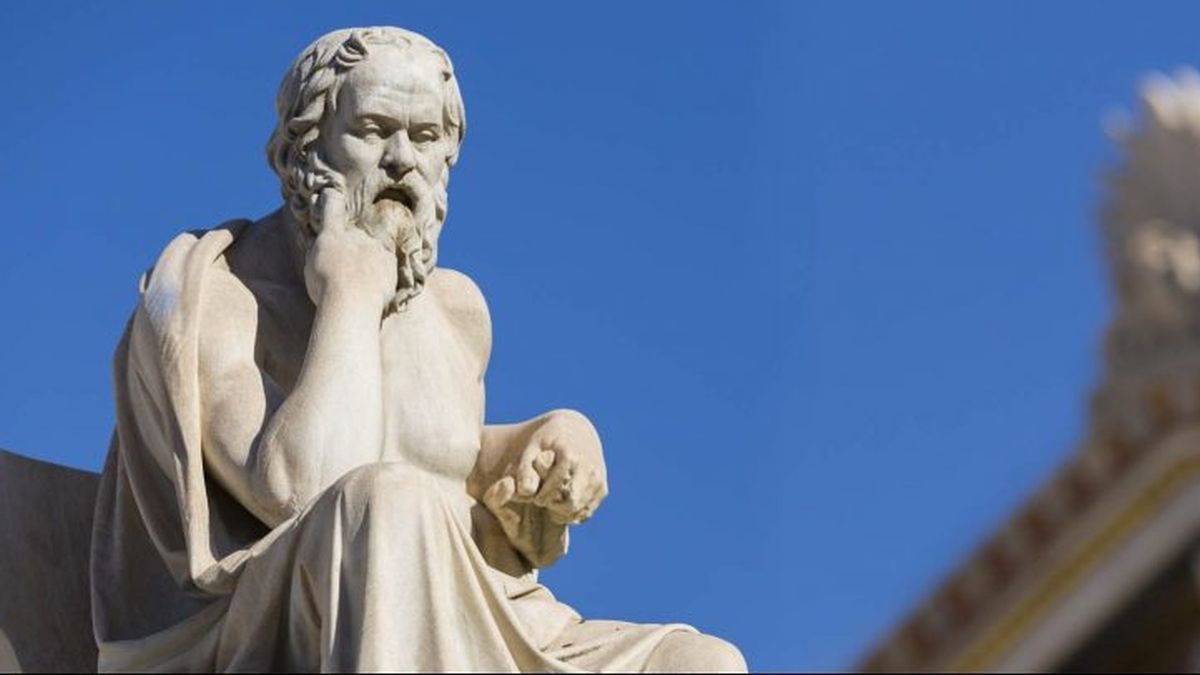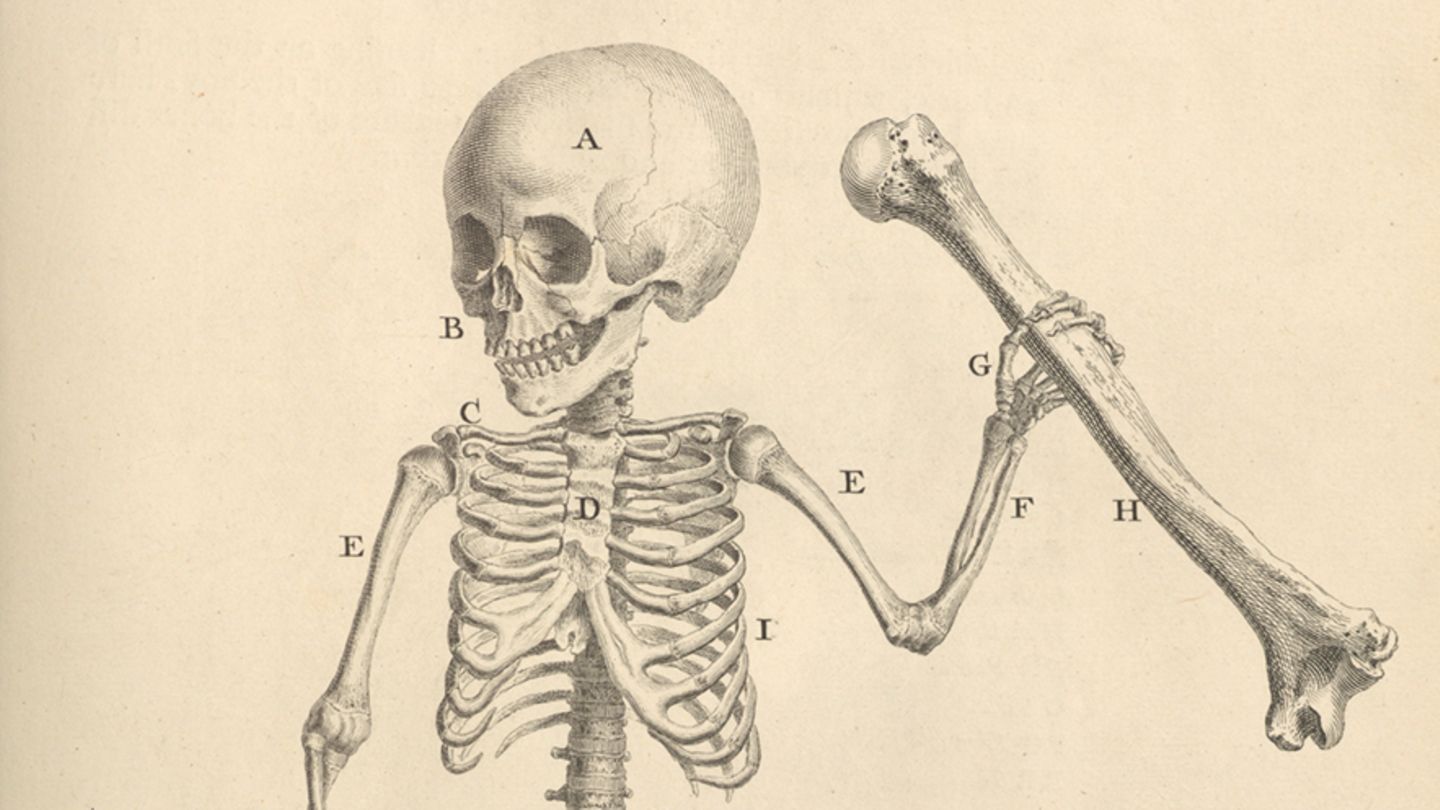Although the concept of future or smart cities is much richer than the one imagined in the middle of the last century and probably poorer than the one that will be handled in, for example, 2050, it was the COVID-19 pandemic that marked a turning point on what is and what is not a smart city.
This is confirmed by the document “Solutions for Smart Cities in a world with greater risks”, carried out by ESI ThoughtLab, with the support of Oracle, Deloitte, Intel, and Microsoft, which highlights the fundamental role played by technology, data, cybersecurity and public-private partnerships to ensure a healthy, secure and prosperous future for citizens after the pandemic.
From the survey, which included a survey of senior officials from 167 cities in 82 countries, it emerges that 65% of city leaders indicated that the biggest lesson learned during the health crisis was how crucial smart city programs were for their future. .
In turn, 37% recognized that COVID-19 highlighted the need to invest more in improving basic infrastructure, while 88% identified investment in cloud platforms as the most urgent requirement for delivery. successful delivery of essential and non-critical services to citizens.
There are many factors that influence whether a city can be called smart. For example, that it has energy saving systems that allow smart consumption, recycling, waste reduction or gas emissions or that it bets on telemedicine or telecare, among other things.
In the cities of the future there will be a lot of data, a lot of technology, a lot of sensors and artificial intelligence, machine learning and technologies such as digital twins, edge computing or fog computing will play an essential role.
There are examples of smart cities created from scratch, such as Songdo, in South Korea, but there is a consensus that it is much more important to make existing cities smarter than to found new ones that fit that definition to the millimeter.
The idea is that they are intelligent, but based on their own history and with the help of people, who participate in the development of those aspects that each city, individually, wants to promote.
Fundamentally, a smart city will be one that integrates society with its government and that, as defined by the smartcity concept of the Inter-American Development Bank (IDB), places people at the center of development.
In this context, the work that we have been carrying out in the City of Córdoba since 2019 is 100% aligned with this objective.
It is a holistic transformation process to focus the management towards the citizen and place them at the center of each initiative and project that we undertake whose implementation involved not only the incorporation of record technology for the municipality, but also a diagnosis of all administrative procedures,
This can be seen reflected, among other things, in the Digital Procedures Guide, where the citizen can find official information on each of these processes and how to carry them out.
In June 2021, the Municipality of Córdoba made the largest technology purchase in its history, incorporating almost 12,000 computer elements through an investment of 340 million pesos. Among the technological elements incorporated, robotics devices for kindergarten students and municipal primary schools stand out, as well as tablets, 3D printers, desktop and notebook computers for all areas.
So far in these almost 3 years of management, the implementation of technology and paperlessness in the administration has caused a great reduction in expenses and a notable growth in the efficiency of the services it provides.
Based on a calculation generated by the Digital Transformation Center of the Planning, Modernization and International Relations Secretariat, it was possible to show savings of almost $1,750 million pesos with the digitalization of the Electronic Bulletin, the Civil Registry, the Digital ID, the Electronic Notifications, the Reverse Electronic Auction, the optimization in the management of files through the Sirad system, Digital Private Works, Online Business Authorization, the Procedures Guide and the Citizen App.
But economic savings is not the only thing that can be observed as positive in the modernization process that the Cordovan municipal government has been implementing, since this change brings with it a very positive impact on the environment because paper manufacturing involves cutting down trees and The consumption of water.
In this sense, 149 tons of unused printed paper were saved, avoiding the felling of 3,439 trees, which implies 29,742,757 liters of water not wasted in its production.
These data are only the result of multiple actions that have been implemented in conjunction with a large network of international organizations and a local entrepreneurial ecosystem that support and accompany the Municipality to help it in its goal of turning Córdoba Capital into a smarter city. inclusive and sustainable.
Thus, the City of Córdoba has established itself as a benchmark in Latin America and the Caribbean as a result of the initiatives of great social and innovative impact that it has been able to carry out, using multiple recognitions and publications from international organizations.
In short, Smart Cities are the cities of the future. An increasingly urban future, with great global challenges such as the increase and aging of the population, energy efficiency, water management, the impact of pollution or the scarcity of certain resources, among others. We must bet on them to be able to face these challenges and at the same time improve the quality of life of citizens.
Secretary of Planning, Modernization and International Relations of the Municipality of Córdoba
Source: Ambito
David William is a talented author who has made a name for himself in the world of writing. He is a professional author who writes on a wide range of topics, from general interest to opinion news. David is currently working as a writer at 24 hours worlds where he brings his unique perspective and in-depth research to his articles, making them both informative and engaging.




